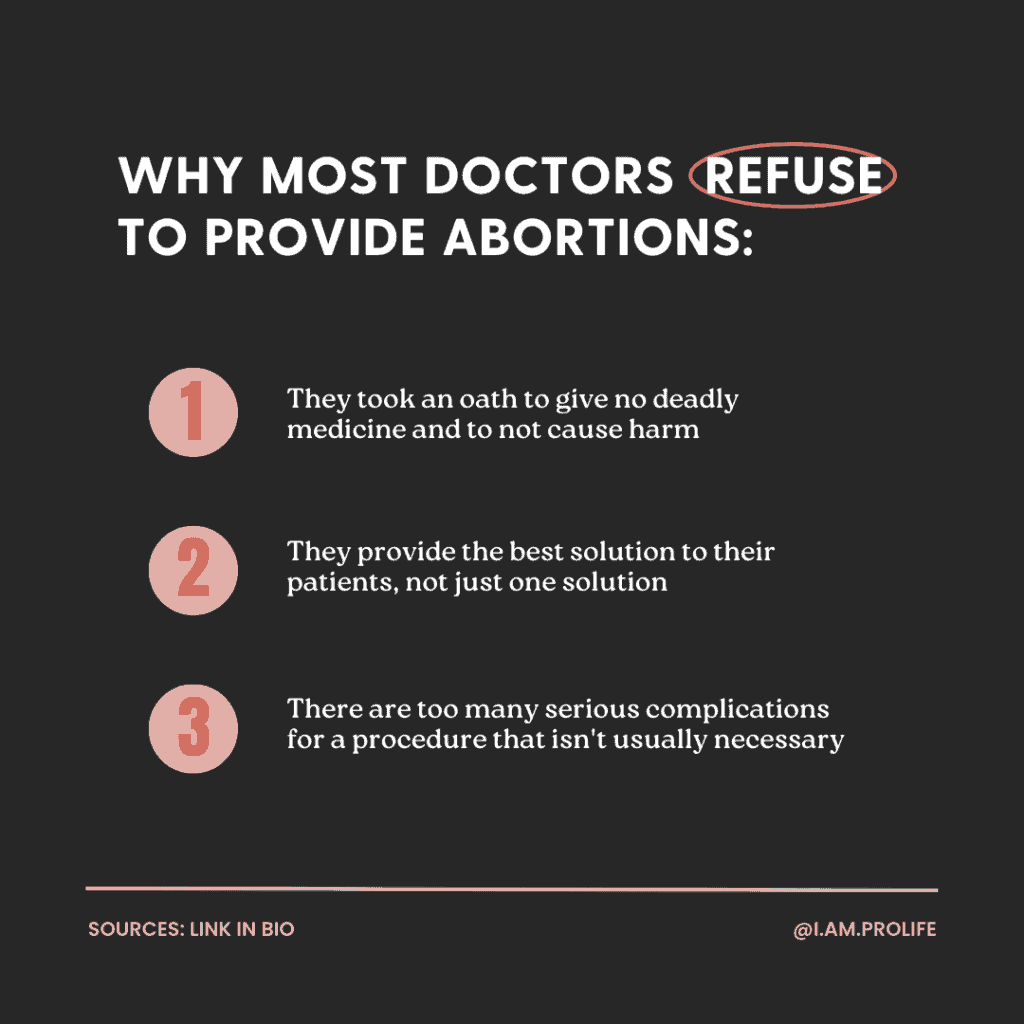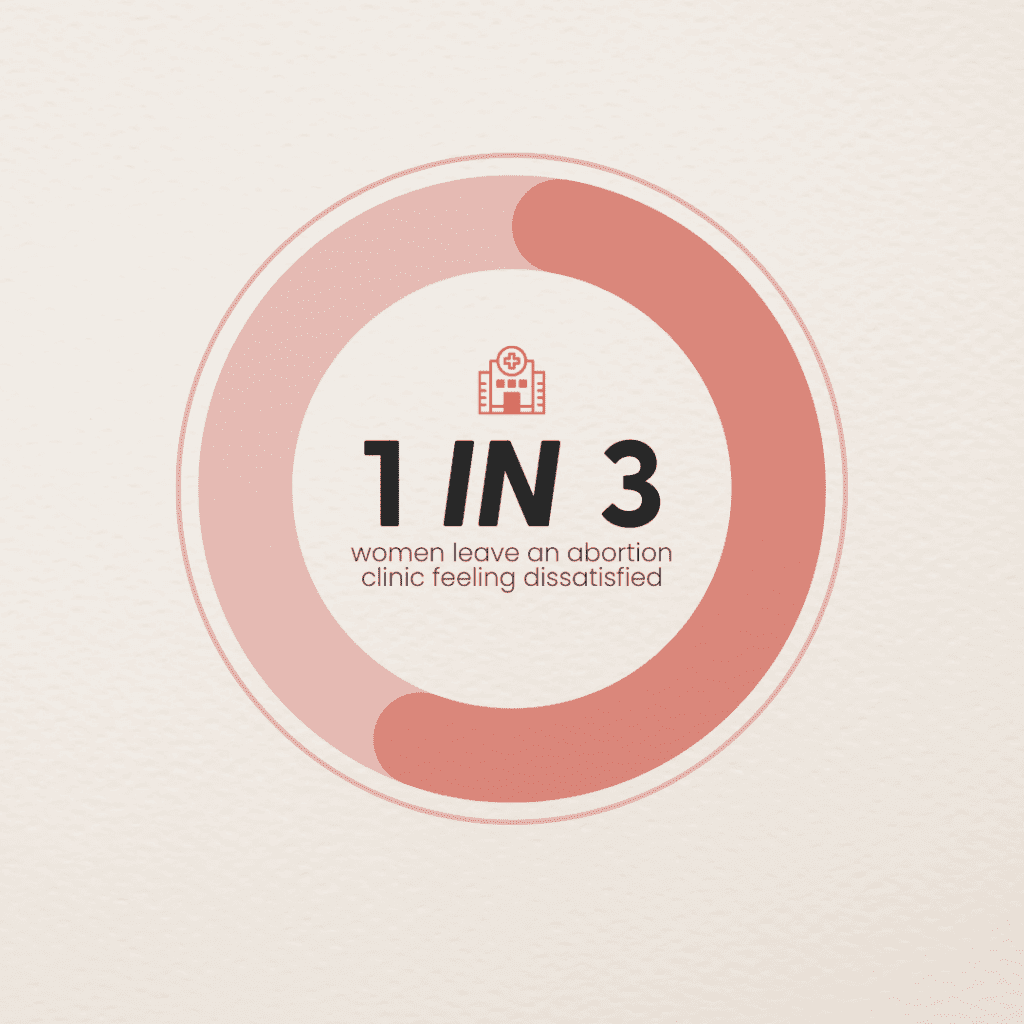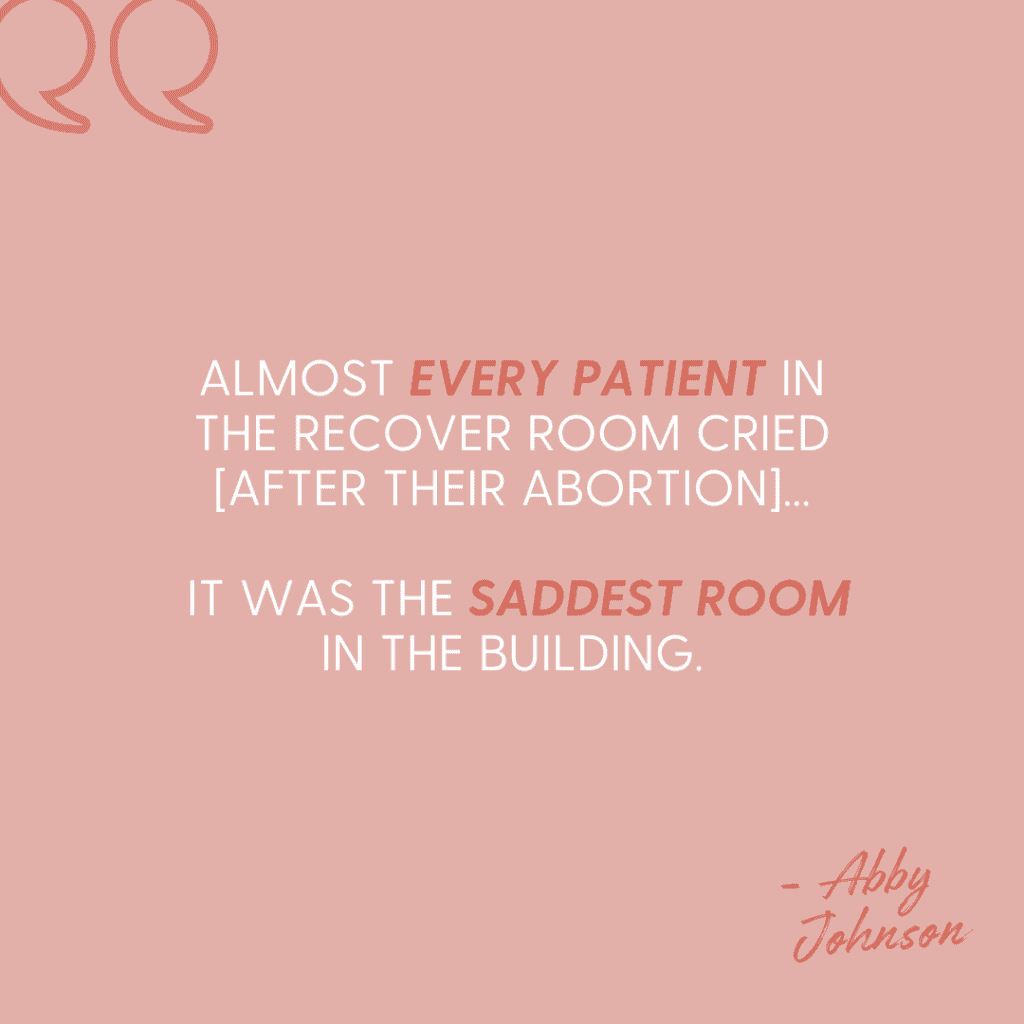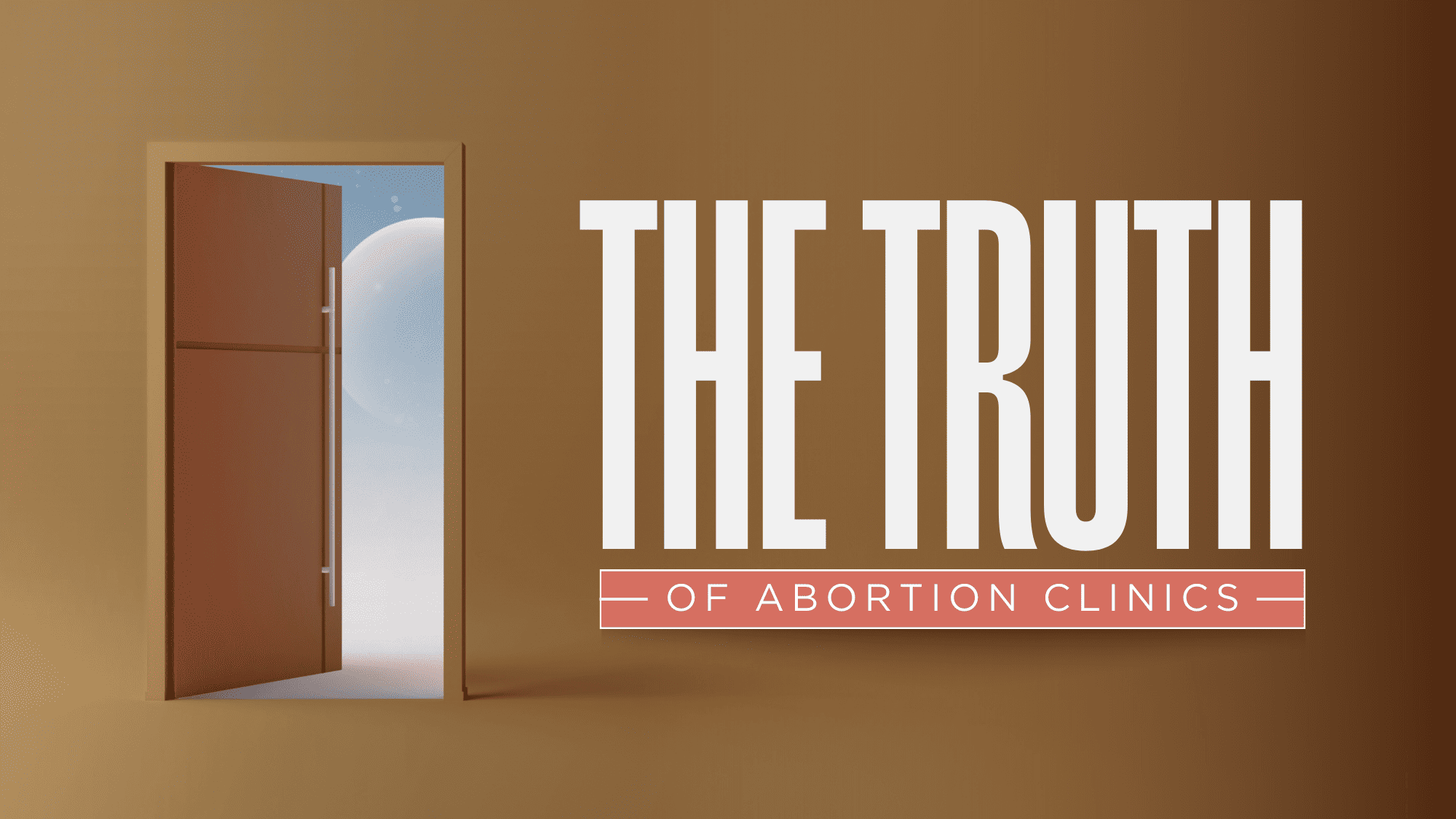It’s obvious that abortion is divisive. Again and again, the ethics of abortion and women’s bodily rights are brought up in conversations, politics and media. But, where abortions actually occur – abortion clinics – are seldom discussed. They are mysterious buildings, often with protestors outside, feminine colors on their sign and workers escorting anxious women in. But what really happens inside the doors of an abortion clinic?
What Are Abortion Clinics?
An abortion clinic is a medical facility that specializes in providing abortions. This can be a chain of clinics (such as Planned Parenthood) or a stand-alone clinic. Though some may provide other women’s health services, their focus is in their name: abortion. In fact, in the 2020 Planned Parenthood Annual Report, abortions made up 96.6 percent of their pregnancy resolution services, while prenatal services, miscarriage care and adoption referrals only made up 2.2 percent, .7 percent and .5 percent. So, abortion clinics prioritize abortion and abortion-related work over other choices like adoption, parenting and pregnancy care. This creates a divide between a typical doctor’s office and an abortion clinic.
Abortion Clinics Aren't The Same As OBGYNs
If you were to walk into an OBGYN’s office with a problem, the doctor would go through a list of questions, taking their time to hone in on the most effective solution for your case. Their top priority is not one service. Rather, it’s finding the best service to help their patients thrive. Abortion clinics are part of an industry that makes money through selling specific services to women – and that’s very different.
Additionally, doctors often don’t consider abortion to be the best resolution to pregnancy, especially since only 1 percent of women that seek abortion do so for their health.

So, by putting a woman through a physically and emotionally intense procedure due to fear instead of serious health concerns, it simply covers up underlying issues with a “quick fix” and poses a serious risk. Consequently, 86 percent of OBGYNs in the U.S. won’t provide abortions in any form to their patients. Another reason most doctors don’t provide abortion is because it is in direct opposition of the Hippocratic Oath, the ethical foundation of healthcare:
“I will give no deadly medicine to any one if asked, nor suggest any such counsel… “I will endeavor to do no harm to human health or the natural environment on all projects, large or small. I will remember that I remain a member of society, with a duty of care to all my fellow human beings.”
Hippocratic Oath
Abortion Clinics Are Salesman
Another misconception is that an appointment at an abortion clinic is covered by insurance. Because it is different than a normal visit to a doctor, this isn’t true. Many women have to pay out-of-pocket due to the Hyde Amendment (which allows states to prohibit insurance coverage of abortions).
For the abortion pill, an average price is around $580. An in-clinic abortion can cost anywhere from $700 to $2,200 based on the age of the baby. If you’re getting the abortion pill online through a telemedicine appointment with the abortion clinic, the cost is usually between $200 and $500. None of this includes the cost of pre-abortion screening, which includes pregnancy testing and an ultrasound.
Experiences
In-Clinic Abortion Experiences

Abortion is a big deal. Not only does it take an intense physical toll, the emotional weight surrounding the procedure can be just as lifelong a decision as choosing parenting or adoption. Because of this, women report the environment of an abortion clinic to be heavy, chaotic and lacking comfort.
In a recent Netherlands study, it found over one-third of women were unhappy and/or dissatisfied with their in-clinic abortion experience.
Former Abortion Clinic Workers
The in-clinic abortion experience remains the same for abortion workers that have spoken out. Though abortion is a significant procedure, they feel there was never enough time allocated to pre-abortive and post-abortive care. Every day was a never-ending cycle of women who needed more care and attention than they could give them. For instance, in an abortion clinic quitters panel led by Abby Johnson (from And Then There Were None), workers shared what led them to quit:
- “We had surgical abortion procedures back-to-back-to-back, every 5-10 minutes a new woman would come into the operating room.”
- “We had expired equipment and inadequate sterilization between patients. We would file reports and never hear about it again.”
- “I was doing all of the follow-up care… as the receptionist.”
- “We told everyone it was like taking Tylenol, but when I took it (the abortion pill) myself, it was by far the most traumatic, painful thing I’ve done… it terrifies me now.”
Plus, now that Roe has been overturned, demand is higher than ever.
“Almost every patient in the recover room cried [after their abortion]. It was the saddest room in the building.”
Abby Johnson, Former Abortion Clinic Director
Alternatives
Whether you decide to go to an abortion clinic or not, you have the right to know all of your options. If you do go to an abortion clinic, get all of the information, not just abortion information. Ask to see the ultrasound screen. It is usually hidden, but it will show you exactly what’s happening in your body, which is the most unbiased information you can get.
Pregnancy Medical Clinics
There is an alternative we highly suggest before going to an abortion clinic though, called pregnancy medical clinics. These are clinics that follow a code of ethics and HIPAA guidelines like a doctor’s office, yet they are specifically tailored for women with unplanned pregnancies. In fact, 80 percent of staff are volunteers, many of whom have been in the same situation.
Another important thing to note is that nearly all PMCs offer their services completely free. This means they won’t profit off of a specific decision, and simply have a mission to share unaltered truth and counseling. They have served around two million people, with free services and material assistance totalling over $266 million.
Those services include pregnancy support, like:
- Ultrasounds
- Pregnancy tests
- Medical screenings
- Abortion pill reversal
- STD/STI testing and treatment
- Women’s counseling
- Men’s counseling
- Parenting resources
- Adoption referrals and resources
- Material assistance (i.e. diapers, baby wipes, car seats and more)

To find your nearest pregnancy medical clinic, head to MyChoiceNetwork.org or OptionLine.org.




















